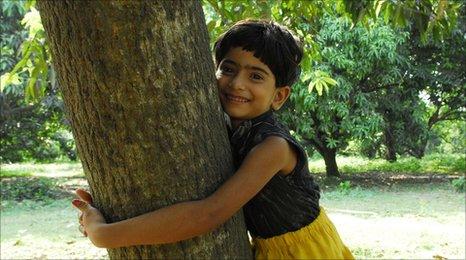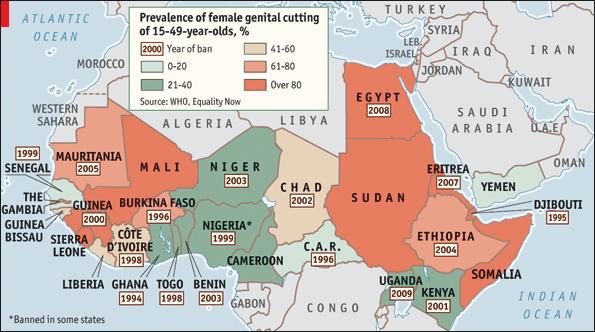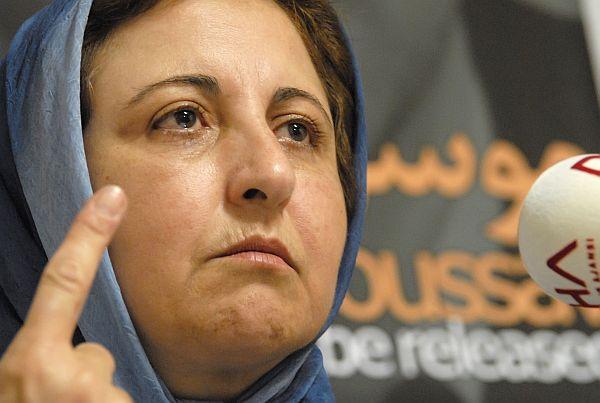Fruit Trees Prevent Femicide, Dowry Deaths AND Global Warming!
 In India, where traditionally boys have been preferred over girls, a village in backward Bihar state has been setting an example by planting trees to celebrate the birth of a girl child.
In India, where traditionally boys have been preferred over girls, a village in backward Bihar state has been setting an example by planting trees to celebrate the birth of a girl child.In Dharhara village, Bhagalpur district, families plant a minimum of 10 trees whenever a girl child is born.
And this practice is paying off.
Nikah Kumari, 19, is all set to get married in early June. The would-be groom is a state school teacher chosen by her father, Subhas Singh.
Mr Singh is a small-scale farmer with a meagre income, but he is not worried about the high expenses needed for the marriage ceremony.
For, in keeping with the village tradition, he had planted 10 mango trees the day Nikah was born.
The girl - and the trees - were nurtured over the years and today both are grown up.
Dowry deaths
"Today that day has come for which we had planted the trees. We've sold off the fruits of the trees for three years in advance and got the money to pay for my daughter's wedding," Mr Singh told the BBC.
"The trees are our fixed deposits," he said.
In Bihar, payment of dowry by the bride's family is a common practice. The price tag of the bridegroom often depends on his caste, social status and job profile.
The state is also infamous for the maximum number of dowry deaths in the country.
But the mango trees have freed Nikah's parents of undue worries. And their story is not unique in Dharhara village.
With a population of a little over 7,000, the village has more than 100,000 fully grown trees, mostly of mango and lychee.
From a distance, the village looks like a forest or a dense green patch amidst the parched and arid cluster of villages in the area.
Click here for the full story:
By Amarnath Tewary
BBC News
Photo Credit:
Prashant Ravi
Related Links:
More About India on AWR
 When Meg Whitman won the Republican nomination for California governor on June 8 it was a first for a Republican woman in the state. It was also the first time a female candidate ever contributed so much of her own money to a political campaign.
When Meg Whitman won the Republican nomination for California governor on June 8 it was a first for a Republican woman in the state. It was also the first time a female candidate ever contributed so much of her own money to a political campaign. FOR a group dedicated to the health and well-being of children to advocate the cutting of girls’ genitals seems inconceivable.
FOR a group dedicated to the health and well-being of children to advocate the cutting of girls’ genitals seems inconceivable. "Ignorant" officials are obsessed with punishing victims of trafficking rather than targeting those behind the crime, a report claims.
"Ignorant" officials are obsessed with punishing victims of trafficking rather than targeting those behind the crime, a report claims. Susan notes: this article by Iranian lawye and human rights activist Shirin Ebadi really strikes a chord: amazing women never give up...
Susan notes: this article by Iranian lawye and human rights activist Shirin Ebadi really strikes a chord: amazing women never give up...